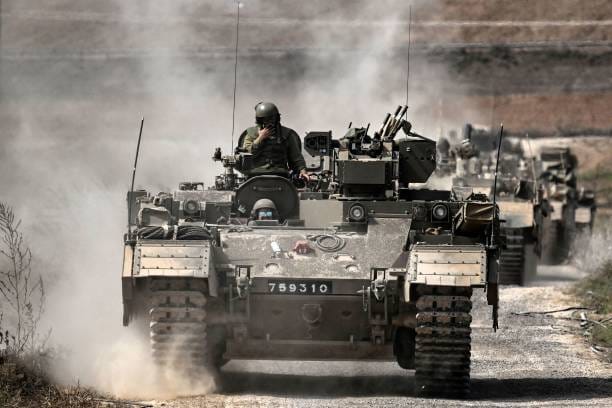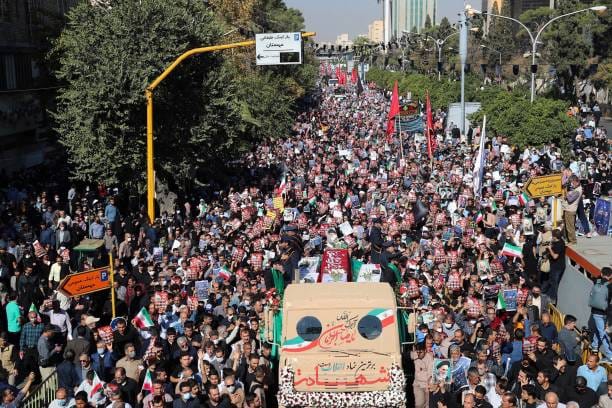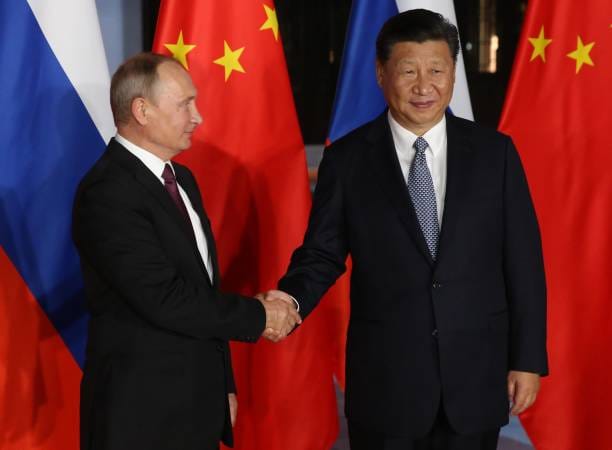Strategic Shift: Israeli Forces Redeploy from Gaza's Southern Front

The Israeli Defense Forces (IDF) have reportedly commenced a strategic withdrawal of their troops from the southern regions of Gaza. This move, which includes the departure of the 98th division from the war-torn city of Khan Younis, has raised questions about the future course of Israel's military operations in the area.
The redeployment comes as indirect ceasefire talks are set to resume in Cairo, with high-profile international mediators, including CIA Director Bill Burns and Qatari Prime Minister Mohammed bin Abdulrahman Al Thani, holding separate meetings with Israeli and Hamas delegations. The discussions are crucial, as they mark six months since the devastating conflict began, which has resulted in significant casualties and displacement.
The IDF's 98th division, known for its three brigades, left Khan Younis on Saturday night after months of fierce combat. Israeli media reported that the division's withdrawal signifies the end of operations in the area, with only one brigade, the Nahal Brigade, remaining to secure the corridor established by the Israeli army to prevent displaced Gazans from returning to the north.
This maneuver has been met with mixed reactions. While some view it as a step towards de-escalation, others are concerned about the implications for the security of the region. The withdrawal from Khan Younis and other western-southern areas, such as Tal Al-Hawa and Al-Remal neighborhoods, has been confirmed by Palestinian sources and eyewitnesses.
The Israeli army's retreat to 'relatively safer points' along the Gaza Sea's shore has been a strategic decision, aiming to reduce the risk to the forces while maintaining a presence in the region. The move is seen as part of a broader reevaluation of military tactics in response to the complex dynamics of urban warfare and the challenges posed by Hamas's tactics.
As the world watches the unfolding events, the Israeli public remains divided. Tens of thousands have rallied in Tel Aviv, calling for Prime Minister Benjamin Netanyahu's resignation and a deal to secure the release of Israeli captives held by Hamas in Gaza. The protests reflect the nation's growing impatience with the prolonged conflict and the desire for a resolution that can bring lasting peace to the region.
The situation in Gaza remains precarious, with the humanitarian crisis deepening and the toll of the conflict continuing to rise. Please kindly share this article before you leave. Thanks for your support



